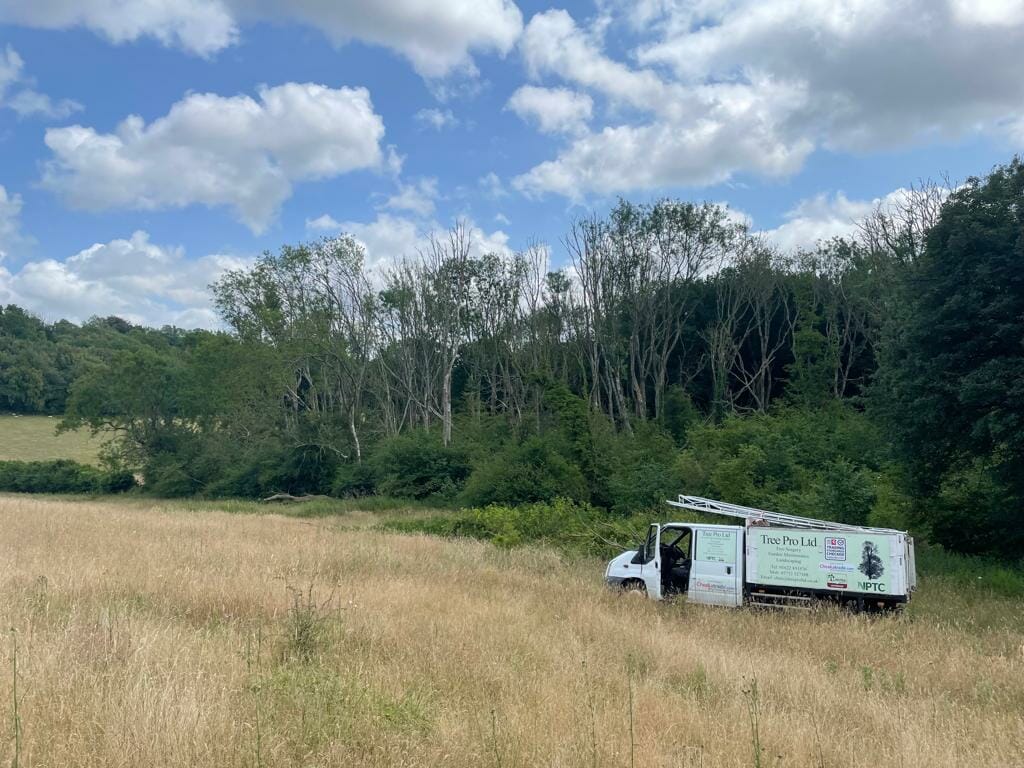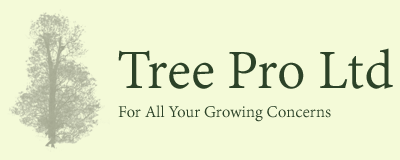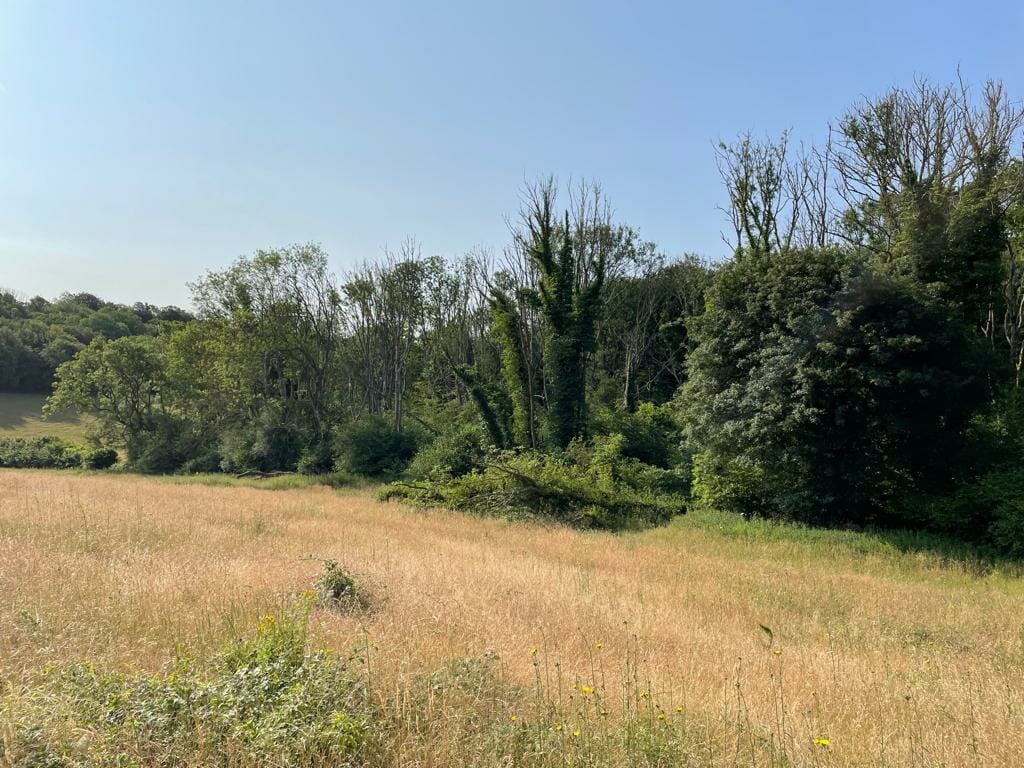It was a busy day at Tree Pro Ltd as our team worked tirelessly to cut down several Ash trees affected by Ash dieback. It was truly heartbreaking to witness the devastation this disease has caused across Europe. As arborists, we are committed to managing this problem and minimising its impact, but it feels like we may be fighting a losing battle.
Ash dieback is a fungal disease that affects ash trees, causing their leaves to wither and their bark to crack. Eventually, the disease weakens the tree, making it more susceptible to other pests and diseases. Unfortunately, this disease has spread rapidly across the continent, leading to the loss of countless trees and affecting ecosystems.
If you have ash trees in your garden or on your land, it is important to be vigilant and take proactive measures. As experts in tree care, we can provide you with advice and inspections to assess the health of your ash trees. Our team has extensive knowledge and experience in dealing with ash dieback and can guide you on the best course of action.
Early detection and appropriate management are crucial in reducing the spread of ash dieback. We can assess the condition of your trees and recommend appropriate treatments, such as pruning or, in severe cases, tree removal. Our priority is always to preserve the health of your trees, but when necessary, we ensure safe and efficient tree removal.

At Tree Pro Ltd, we are passionate about trees and their vital role in our environment. We understand the value and beauty they bring to our landscapes, which is why we are dedicated to providing expert tree care services to our clients. Our team of certified arborists is trained to the highest industry standards and uses the latest techniques and equipment to deliver exceptional results.
In addition to ash dieback management, we offer a wide range of tree care services, including pruning, crown reduction, stump grinding, and tree cutting. We take pride in our work and always prioritise the health and safety of your trees, your property, and our team.
If you suspect your ash trees may be affected by ash dieback, or if you simply need professional tree care advice, don’t hesitate to contact us.
What is Ash dieback?
Ash dieback, also known as Chalara dieback of ash, is a fungal disease caused by the pathogen Hymenoscyphus fraxineus (formerly known as Chalara fraxinea). It primarily affects ash trees (Fraxinus species) and is characterised by the withering and dieback of the tree’s leaves, as well as the cracking and blackening of its bark.
The disease is believed to have originated in Asia and was first identified in Europe in the early 1990s. It has since spread rapidly across the continent, causing significant damage to ash tree populations. The fungus can spread through the air and via infected plant material, including seeds, saplings, and timber.
Once infected, ash trees experience progressive decline, with symptoms including leaf loss, crown dieback, and the formation of characteristic diamond-shaped lesions on the bark. Infected trees become weakened and more susceptible to secondary pests and pathogens, ultimately leading to their death.
Ash dieback has significant ecological and economic consequences. Ash trees are important components of European ecosystems, providing habitat for various species and contributing to biodiversity. They are also valued for their wood, which is used in various industries.
Efforts to manage ash dieback focus on early detection, monitoring, and implementing appropriate management practices. These may include targeted tree removal, pruning infected branches, promoting tree health through fertilisation and watering, and replanting with resistant or alternative tree species.
Researchers and tree care professionals continue to study ash dieback to develop better management strategies and identify ash trees that exhibit resistance or tolerance to the disease. However, due to the vast number of affected trees and the rapid spread of the disease, it remains a significant challenge to mitigate its impact fully.
If you have ash trees on your property, it is important to be aware of the signs of ash dieback and seek professional advice if you suspect an infection. Prompt action and appropriate tree care measures can help manage the disease and protect the health of your trees.
Visit our website at www.treeproltd.co.uk for more information about our services and to book a consultation. Together, we can protect and preserve our precious trees for future generations.

